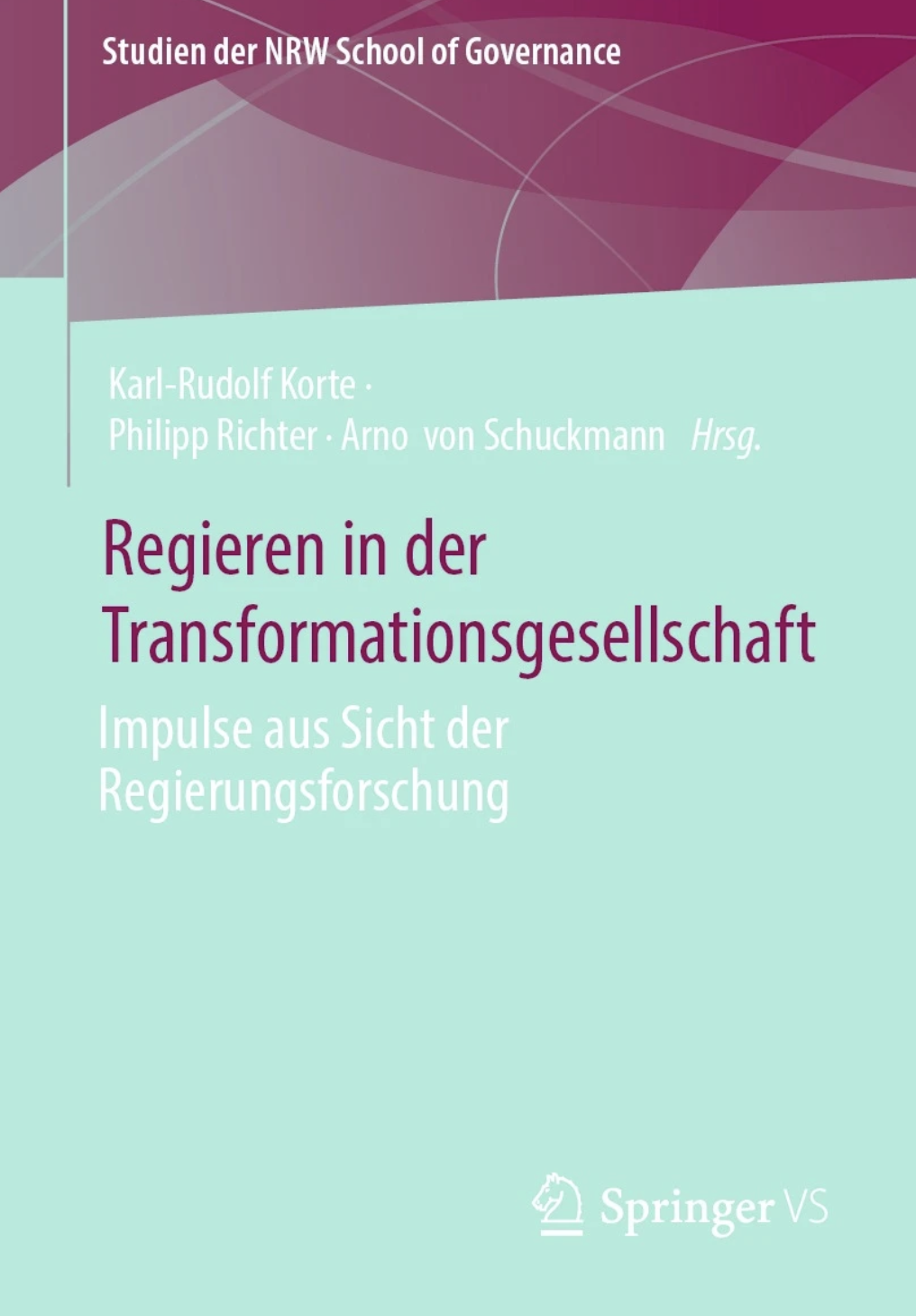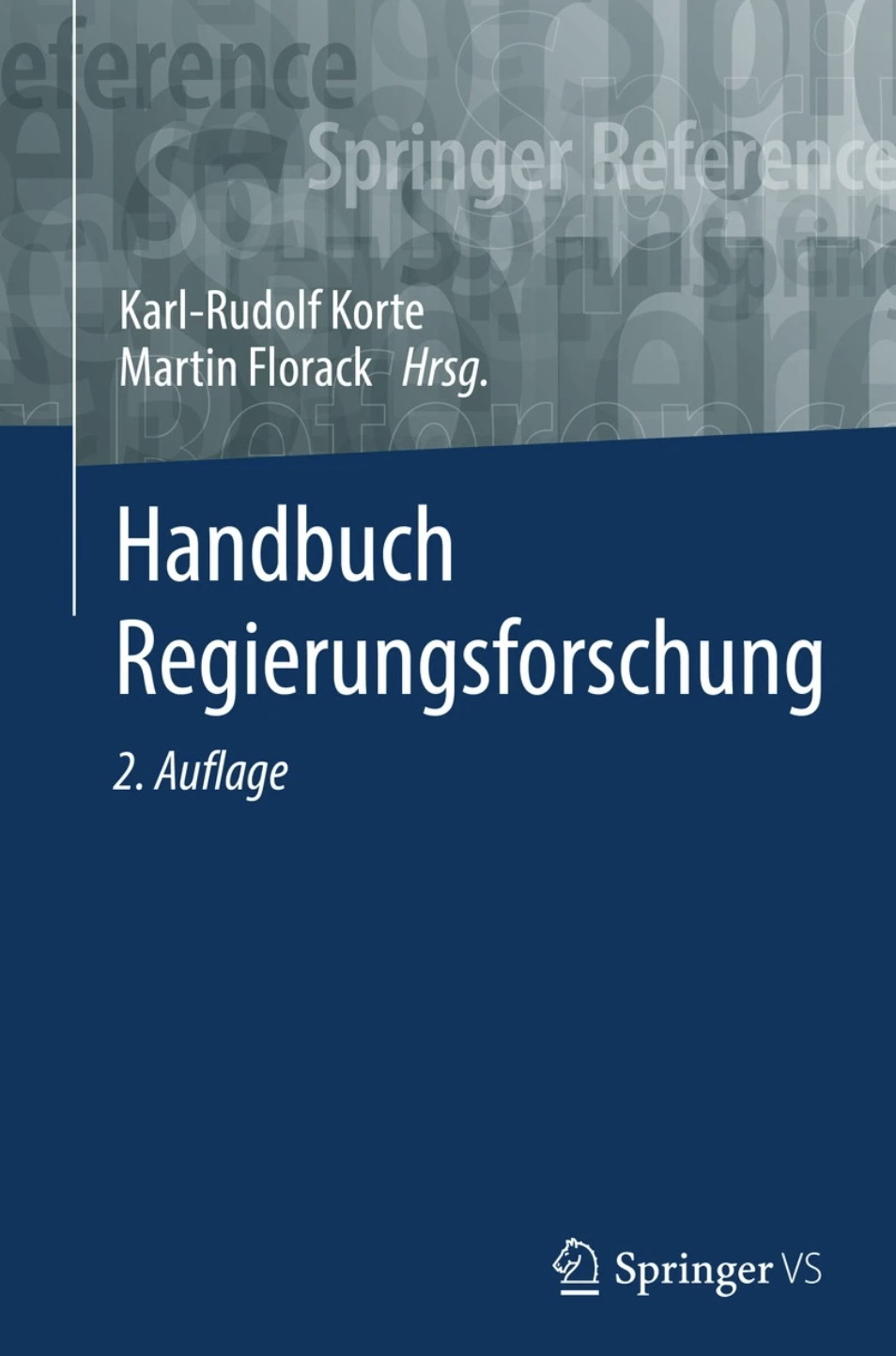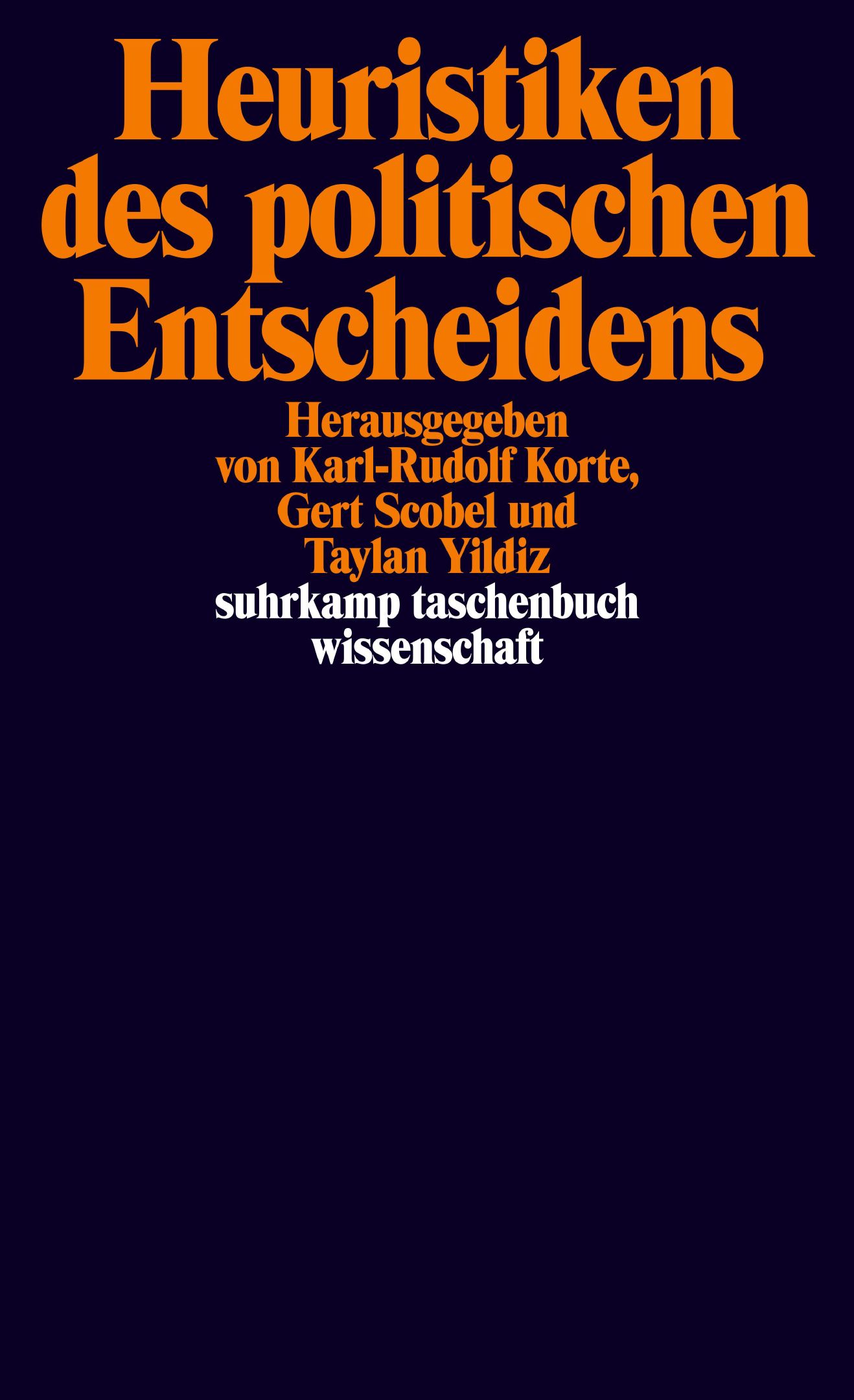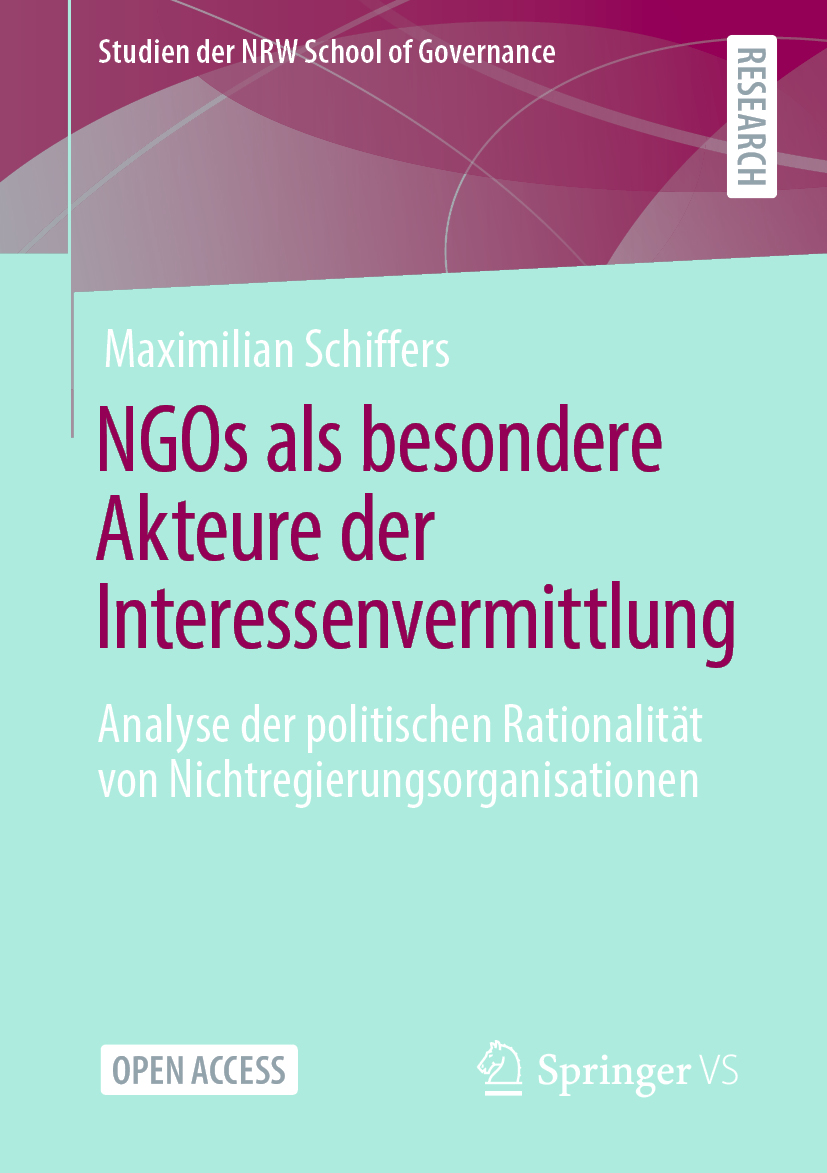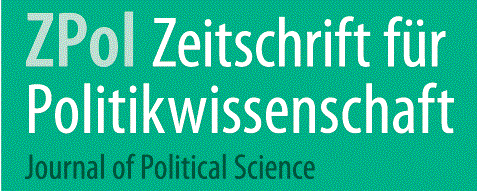Vom 22.-25. August 2018 findet an der Universität Hamburg die ECPR General Conference statt. Zum Thema “Neue Parteien in Europa” organisieren Dr. Kristina Weissenbach (NRW School of Governance, Universität Duisburg-Essen) und Dr. Gideon Rahat (Hebrew University of Jerusalem) in diesem Rahmen eine Section, in der bis zu acht Panels und eine Vielzahl von Konferenzpapieren vorgestellt werden können.
Vorschläge für Panels und Papers zu den unten stehenden Themen können bis zum 15. Februar 2018 online auf der ECPR website eingereicht werden
Zum Weiterlesen der
Call for Panels and Papers “New Parties in Europe”, ECPR General Conference 2018
Dear colleagues,
The Academic Convenors of the ECPR General Conference in Hamburg 2018 have confirmed our Section on “New Parties in Europe: A Comeback for the Parties or Just another Symptom for their Decline?” (Section 47) and we would like to encourage you to submit a paper or panel. Our Section will feature both theoretical and empirical contributions, which are focusing on the phenomenon of new political parties in Europe. We welcome different approaches and methodologies, including conceptual, comparative and case study analyses as well as the employment of both qualitative and quantitative methods. The section welcomes panels and papers that address the following topics:
1. Party Newness, Party Competition and Party Change
There is no guarantee for the ‘lifetime’ of a party: in democratic political systems parties emerge but also disappear – sometimes out of the sudden. As changing circumstances push parties to change, renew or reinvent themselves, a key to party survival is precisely their ability to adapt to ever-changing social, political and electoral realities. To adapt to these realities, often parties must undergo change, including institutional reforms. The Section welcomes Panels and Papers that focus on this issue: How do new vs. old parties adapt to the aforementioned changing realities? How do new parties affect old parties? (How) Do they change in organizational terms? Do we have a new type of parties?
2. Populism and the Personalization of New Parties
Together with the wave of new parties we observe an intensification of populism and of the personalization of politics. Are many of the new political parties just a mere platform for ambitious politicians? (How) are the “old parties” reacting to the new rise of populism? Do they follow this example? Can we observe a change in campaigning strategies and beyond?
3. The Institutionalization of New Parties
The rise of new parties provides an opportunity to re-examine the theories, conceptions, and empirical findings concerning the institutionalization of political parties. The Section calls for Panels that focus on comparisons of old and new patterns of institutionalization and case studies, focused comparisons and large n concerning the institutionalization of new parties. It will also call for panels and papers that will examine which aspects of party-institutionalization matter for new parties’ survival and ‘success’. Which factors and processes allow a political party to grow into an institutionalized “player” or lead to their demise?
4. New Parties and their Electorate
The electoral success of new political parties in the party systems of the European Member states continues. Those new parties managed to mobilize both non-voters and the electorate of established parties. Panels and papers should examine the various aspects of electoral behavior and new parties and also the reactions of the older parties to these challenges. It will address questions such as: Who votes for these new parties? How can we explain various levels of electoral support of new parties in different elections and countries? Do young voters tend to support new parties more than older voters? How do the old parties react to the shift of the electorate: do they continue their old routines or try to imitate their infant competitors?
5. New Parties in the ‘Digital Era’
The new European parties of the 2010s where born in a ‘digital era’ – but are they all ‘digital natives’? The Section aims at panels and papers concerning the role of digital media practices on political parties, digital innovations within new parties (vs. old parties), with regard to its membership, to decision making processes, internal democracy and campaigning. Are new parties genuinely different in this respect from older ones? How do they organize (digital) mobilization? How active are they online and how popular are they in comparison to older parties? Does the online world reflect the offline world or does it supply an opportunity for new parties to make a breakthrough?
6. New Parties in the Europarties
The emergence – especially of new right-wing parties – affect the composition of the Europarties as well as their organization and decision-making processes. (How) do the Europarty-families react on the new parties? (How) do internal party decision-making processes change?
The section will be endorsed by the Standing Group on Political Parties and we would like to invite you to submit your panels and papers online latest by midnight UK time on 15 February 2018!


